👋 👋 👋 👋 Hello Steemians 👋 👋 👋 👋
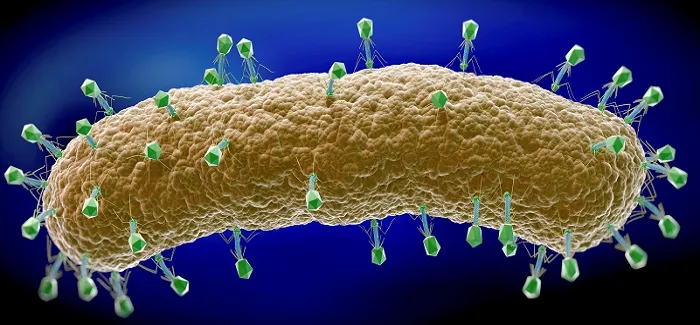
If you guys read my last post you'd know that the Post Antibiotic Era is a huge problem that seems to be just around the corner. The CDC even stated that it is one of the worlds top public health issues. So If its such a big problem what is being done to prevent it from happening?
Traditional Strategy
The traditional strategy for combating bacteria is to develop new antibiotics. Researchers at Northeastern University Boston may have come across a new game changing antibiotic called teixobactin. It is a new class of antibiotics that eliminates pathogens without encountering any detectable resistance.
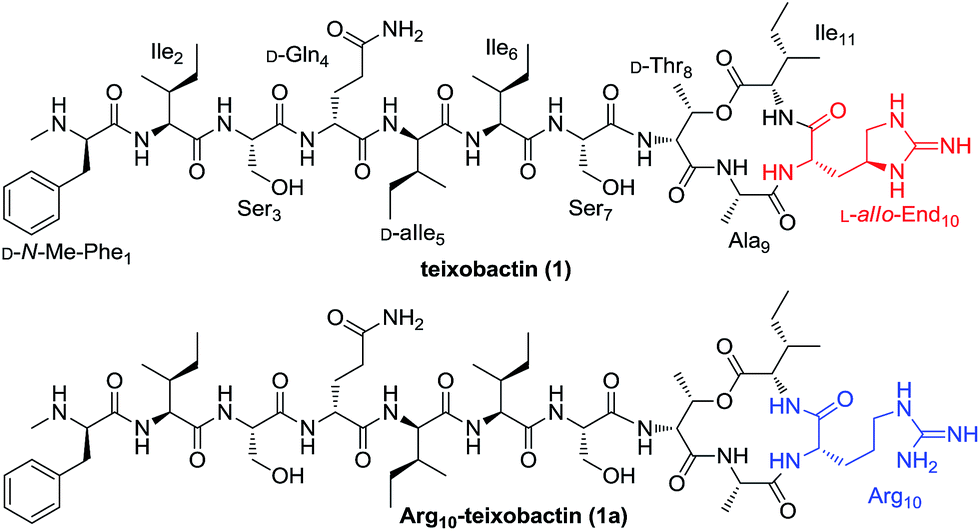
The antibiotic was discovered using a new soil screening technique for antimicrobial material. After being tested the compound did not cause bacteria to development any resistance to it.
It seems that nature may have created a compound that is free of resistance. This goes against the traditional belief that bacteria will always develop resistance.
Fighting Fire With Fire
One of the more creative ways of combating Antibiotic Resistant Bacteria is by using "predatory bacteria" to hunt and kill harmful pathogens.
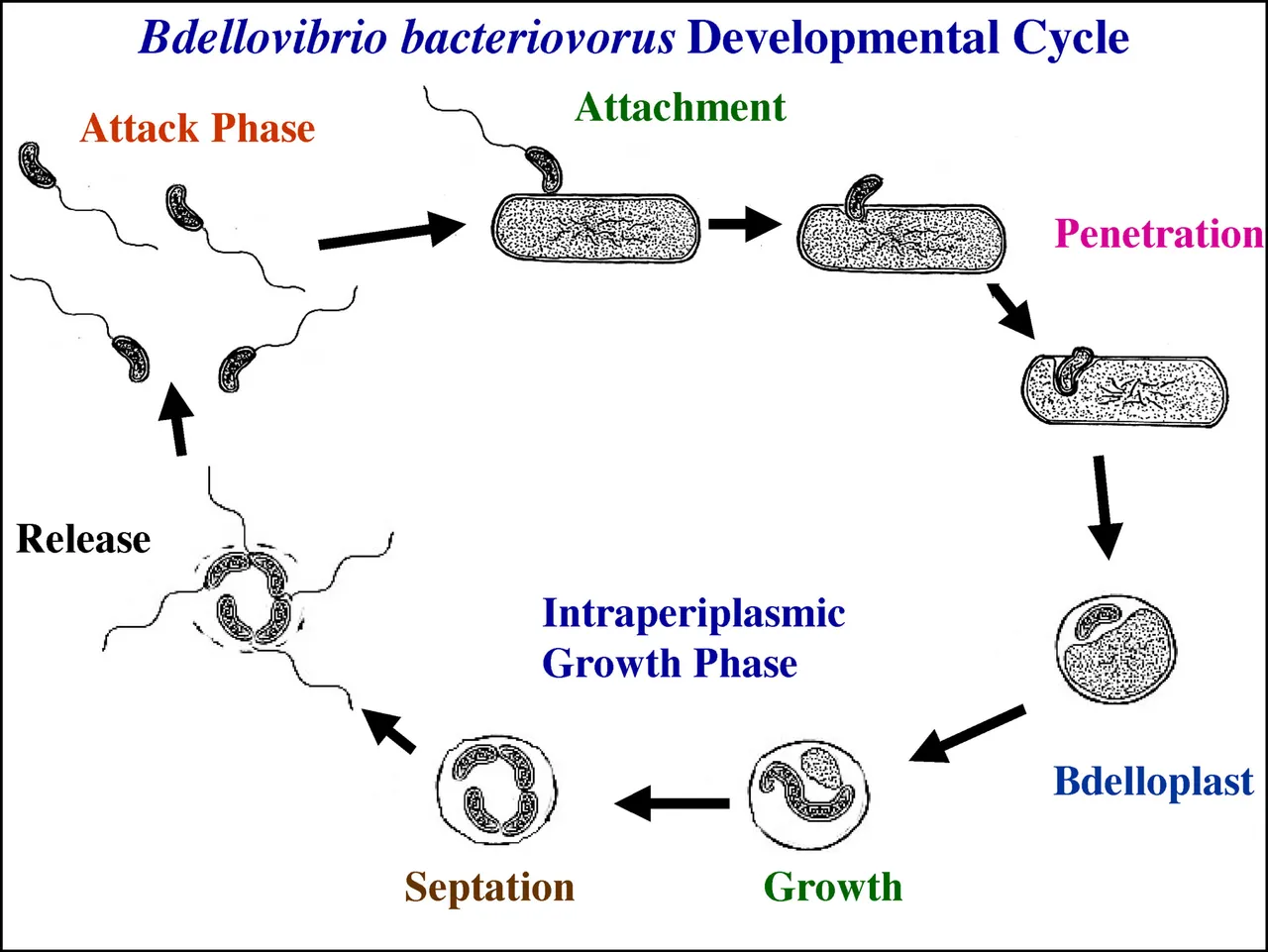
Bdellovibrio bacteriovorus is a predatory bacteria that burrows into the outer membrane of certain bacteria. It lives between the inner and outer layers where it grows replicates and bursts from the cell killing the host.

Myxococcus xanthus Nicknamed the "Wolf Pack bacteria" are predatory bacteria that work together in "Wolf Packs" to hunt other bacteria.
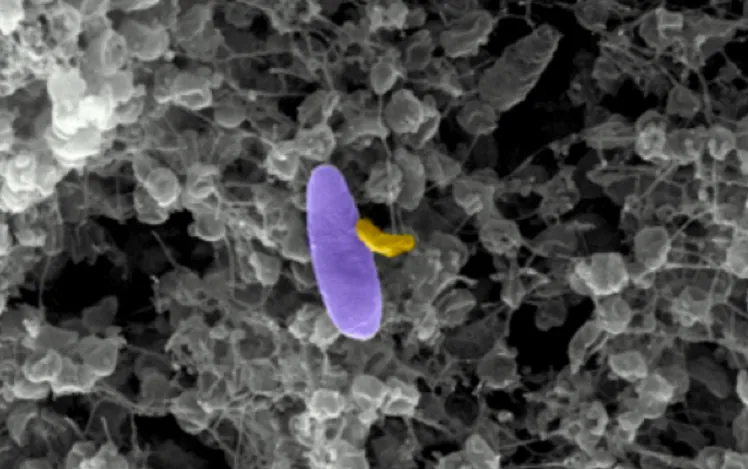
And Finally Micavibrio aeruginosavorus aka the "Vampire Bacteria" is one that attaches itself to the outside of a host where it will suck nutrients until the host dies.
Unorthodox Strategy
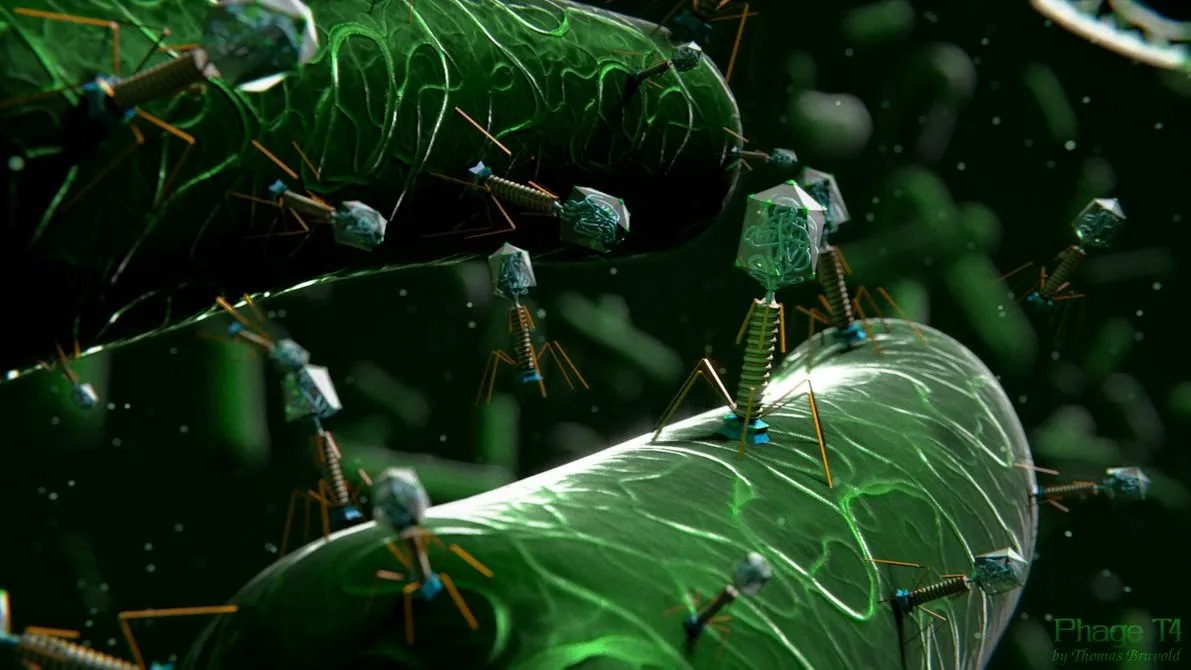
One Unorthodox strategy for combating Superbugs uses viruses to kill bacteria. Bacteriophages are viruses that attack and replicate within a bacteria but do not harm humans.
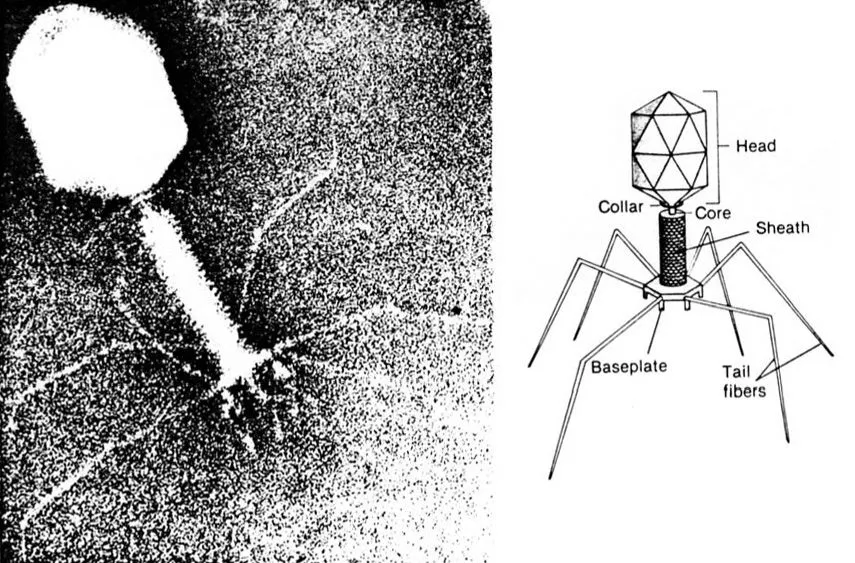
Bacteriophages were found to contain a gene that allows them to quickly change their proteins in order to bind to different cell receptors. This allows Bacteriophages to be engineered to kill bacteria that have developed a resistance to Antibiotics.
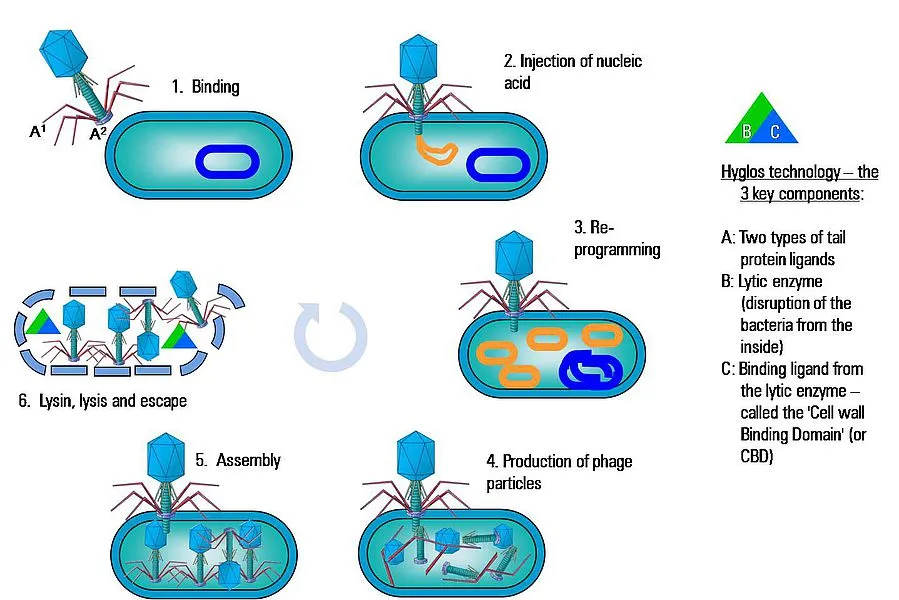
Once the Bacteriophage attaches to a bacterial cell it injects a nucleic acid that reprograms the bacterial cell to produce more phages. Then, like a scene from alien the phages burst from the bacterial cell and go on the hunt for other bacteria.
Bacteriophages aren't a new discovery. Russian Doctors in WW2 used cocktails of these types of viruses to treat infected soldiers. However the problem they had with these phages is that they do not survive outside of water. But recently Janice Spencer and a team of researchers developed a new method to keep them alive. The team bound the phages to a microscopic layer of polymer beads

The team tested its new development on live rats infected with Methicillin-Resistant Staphylococcus Aureus (MRSA), one of the most resistant bacteria strains found in hospitals.
Half of the rats were stitched with sutures coated with the polymer-bound phages. The other rats were sewn up with normal sutures.
The wounds dressed with the treated sutures appeared to have no infection. Those stitched with the normal sutures became inflamed and developed large sores and “abundant pus.”
If my last post had you paranoid about Superbugs this one should ease your mind a bit and let you sleep easy tonight.
Thank you for reading and if you enjoy topics on Pharmaceuticals, Science, Cryptos and Nature follow me @cookiekush